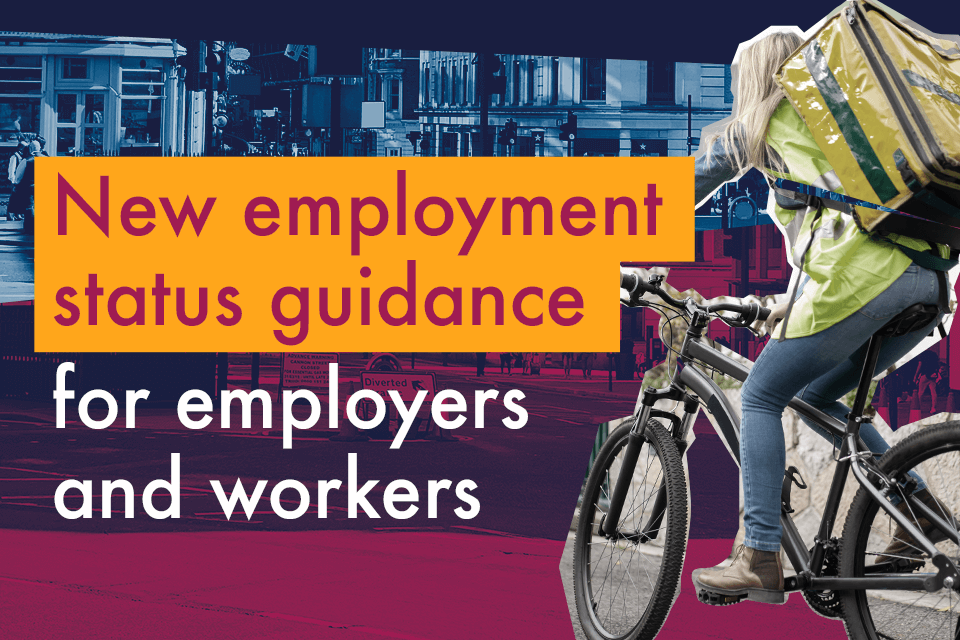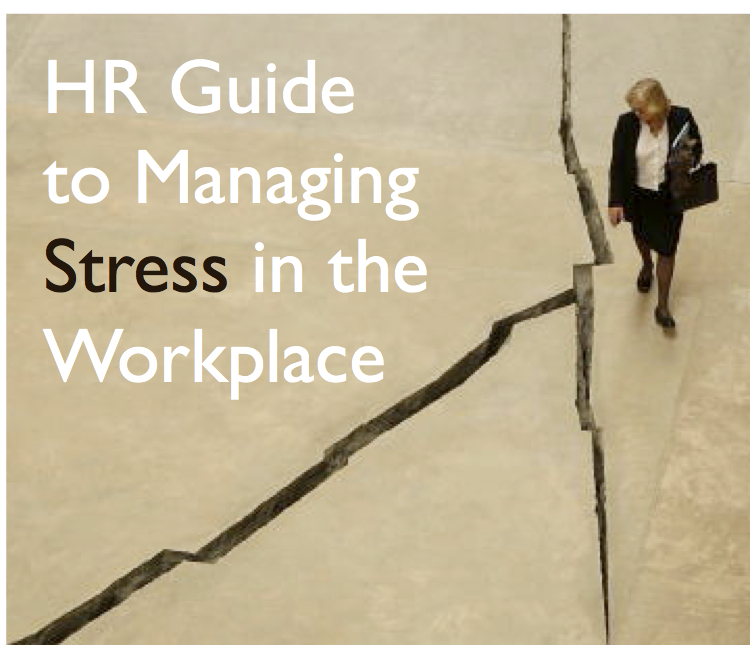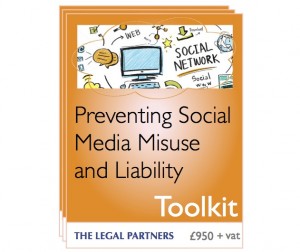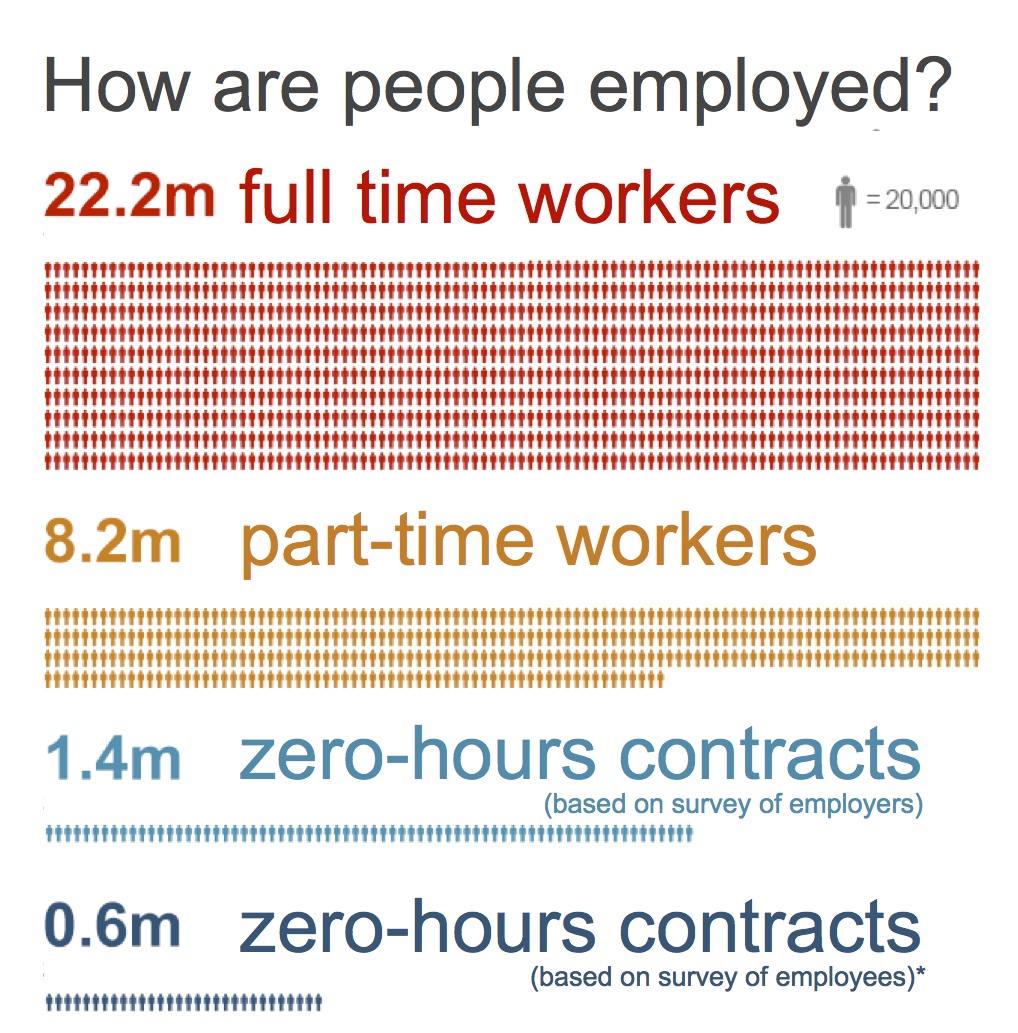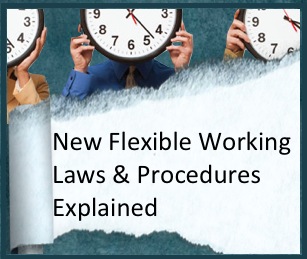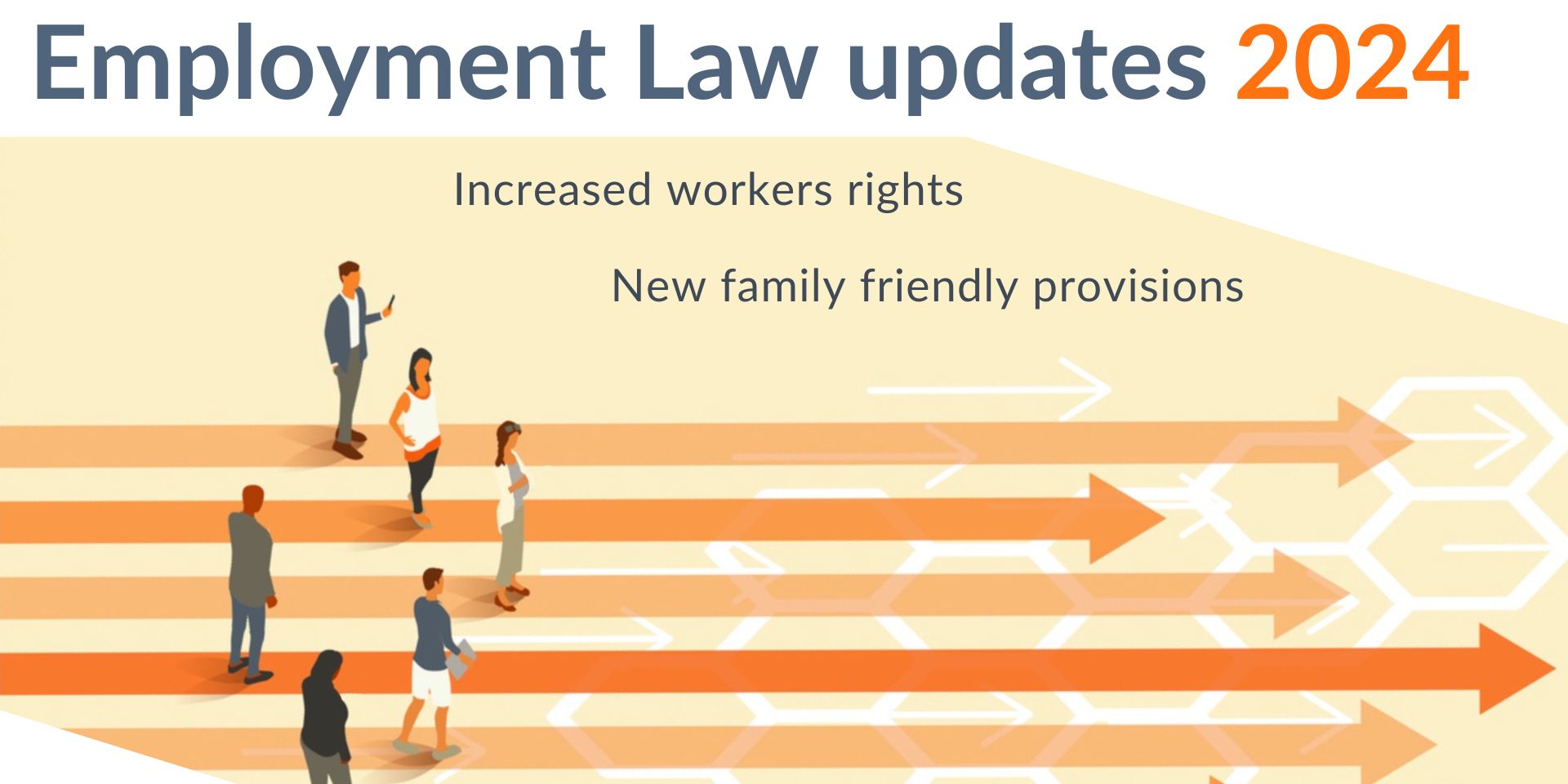Our HR and Employment law service is personal and designed around you, the busy HR Director, Manager, Business Partner.
Whether you run an HR team or are the sole HR advisor to a business, we deliver our advice in a way that suits your needs and your cash flow.
We deliver practical, commercial solutions to your employee issues that sit well with your Board, finance and senior management teams.
Our team
We have a 5 strong Employment Law team with a combined experience of over 75 years resolving employee relations issues.
We are experts at settling claims effectively. We know how to explore settlement options when an employee leaves, at Mediation or at Employment Tribunals. We negotiate Settlement Agreements that make commercial sense, that limit the disruption to your bottom line, and to the business.
Our approach is supportive and collaborative. We take time to explain the thinking behind the advice. If you are in unchartered waters, we can coach you through implementing solutions and briefing your board or senior management team. You are able to take action to resolve legally sensitive issues with absolute confidence and authority.
We can offer fixed price quotes on projects so you know where you are from the outset. We communicate throughout so there are no billing surprises.
Whether you are facing a strategic issue, a structural change that involves redundancies, or managing difficult Employee Relations, we are easily accessible, to give you a quick answer or to guide you through the solution to an ongoing problem.
Key areas where HR Directors regularly approach us for help:
Strategic issues & Structural changes
- Redundancies
- TUPE Transfers
- C Suite Director Hirings & Departures
- Business Immigration & Sponsorship
- EMI Share Option and Bonus Plans
- GDPR and HR Data Privacy
Day-to-Day Employee Relations Management:
Of course, it’s always more effective, and more cost effective for your budget, to pre-empt issues and to tackle them early. Our proactive approach helps you to:
- de-risk your business
- plan ahead
- engender trust with your CEO and leadership team.
Employment Law is complex and changing. Alongside regular law updates and articles, our training seminars keep you abreast of the significant changes in Employment law, how they affect your business and HR practices. We whittle down the most pressing Employment law issues into accessible 2-hour sessions, run each May and November.
- We explain the new employment laws and discuss best practice for incorporating these into your business
- Prepare you with solutions to the common legal headaches you face
- Give you the skills to manage legally sensitive issues through to solution with confidence.
Our HR Law seminars are open to clients and contacts and are free. They are run at our offices in Richmond, Surrey.
Register for our HR law seminars






